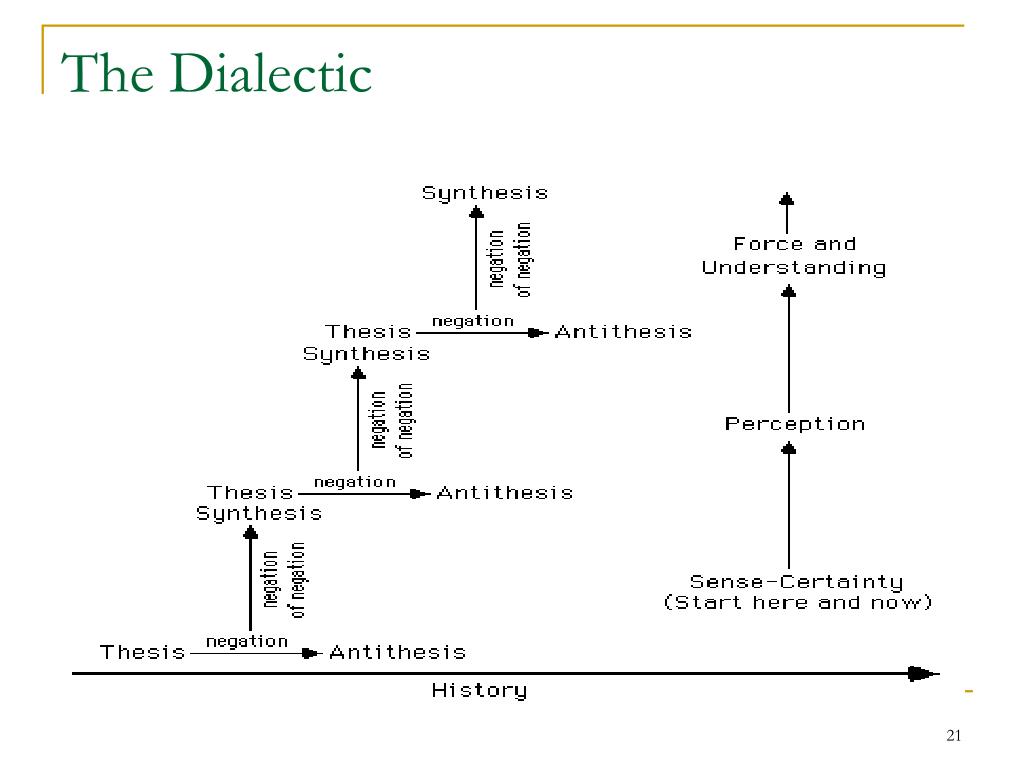

This doctrine further suggests that the economic activities associated with goods of this kind are more real and therefore have more explanatory power than anything else, particularly "mere" ideas or thoughts. Linking those activities with materialism played on the material qualities of economic goods, associating them in turn with what is basic and indispensable for human life. Rather the materialism operative in the doctrine is transformed metaphorically into a selective focus on the human activities ordinarily termed "economic," that is, the production, consumption, distribution, and exchange of the "material" means of life. Matter-in-motion does not figure in this account, except as an unacknowledged ontological presumption. The political character of historical materialism derives from its narrative history of civilization, and the special role assigned to "relations of production" and technological change within it.

Historical materialism was a specially interesting instance of this overall view, given its directly political character. Overall it was a doctrine of "becoming" rather than "being" in a fixed and static sense, and one that emphasized development and progress through contradictions, whether in logical relations or in political struggles. Dialectical materialism (or "dialectics" or diamat ) was thus said by the 1930s to be the master doctrine of Marxism, summarized into three laws: transformation of quantity into quality, interpenetration of opposites, and negation of the negation. Engels's notebooks on "dialectics" were published in 1927 as Dialectics of Nature, and were said to account for nature in a way consistent with the work that he had left on history (summarized as historical materialism) and on thought itself (a vastly simplified reworking of Hegelian logic). However, Marx and Engels were by no means completely known quantities because further works from both appeared posthumously during the twentieth century, and the complete works are not yet published in full. Further millions learned this kind of Marxism from anti-Marxists pursuing an opposing politics. Lenin, Nikolai Bukharin, Joseph Stalin, and Mao Zedong. This process was abetted by even simpler versions, such as those by Georgi Plekhanov, V. It attracted numerous adherents in the intellectual world and drew millions into political movements. This doctrine was said to be applicable to human history and to unify philosophical with scientific thinking. Marxism as a comprehensive worldview, allegedly based on these twin pillars of materialism, was developed only after Engels's death. Engels repeated those views much more famously in his Anti-D ühring (1878 excerpted as Socialism: Utopian and Scientific, 1880) and Ludwig Feuerbach and the End of Classical German Philosophy (1886). On the latter point Engels identified Marx with a mechanistic materialism of matter-in-motion, and on the former with "dialectical" thought that was said to mirror this ontological universal. In Engels's account Marx was said to have a method coincident with both Hegelian philosophy and contemporary physical science. In his short narrative, Engels simplified a selection of Marx's ideas and presented them in a doctrinal form. In a review (1859) of the first published version of Marx's critique of contemporary economic science, Engels strove to introduce Marx to the public as a powerful intellect and polymathic systematizer. Marx's friend and sometime collaborator Friedrich Engels (1820 –1895) coined the term materialist conception of history (later shortened to historical materialism). While in the later twentieth century dialectical materialism all but faded away, historical materialism has had a remarkable revival in an "analytical" form. In recent years scholarship has clarified these questions considerably. Was used or endorsed by him explicitly, and the relationship between those doctrines and his writings has always been problematic. They were developed within the Marxist tradition and refer to ideas found in the works of Karl Marx (1818 –1883).

Historical and dialectical materialism are doctrines in the philosophy of history and in metaphysics, respectively.


 0 kommentar(er)
0 kommentar(er)
